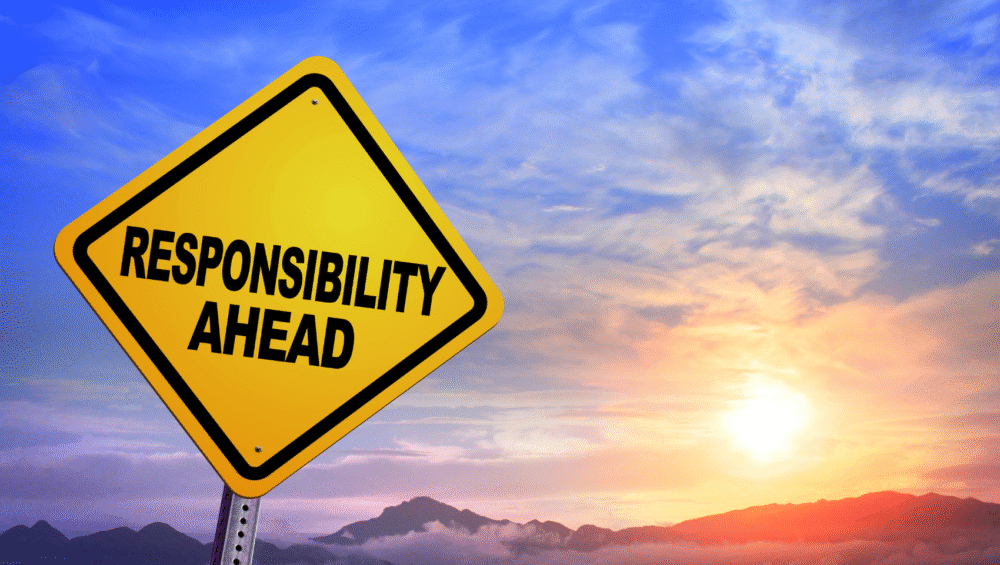EPR (Extended Producer Responsibility) isn’t ust another regulation, it’s a wake-up call for brands, importers, and producers (PIBOs) to own up to the lifecycle impact of their products. In India, rules span plastic, e-waste, tyres, batteries and more anod what’s most important about them is that they are legally mandatory.
1. Why EPR is no longer optional
India is drowning in waste. Less than 30% of plastic and e-waste gets recycled. So, shifting responsibility upstream is critical and EPR does exactly that.
- – Reduces pollution by ensuring waste is collected and processed responsibly
- – Promotes resource-efficient design and recycled materials
- – Drives companies to see waste as materials, not trash
- – Prevents landfill overload by creating end‑of‑life accountability
“If you’re in the business of products, you’re in the business of waste.”
2. Where does EPR apply?
EPR is now a legal requirement across several sectors. Here’s the full scope as per CPCB notifications:
| Sector | Governing Rule | Notified By |
|---|---|---|
| 🧴 Plastic Waste | Plastic Waste Management Rules, 2016 (Amended 2018, 2021) | CPCB, MoEFCC |
| 💻 E-Waste | E-Waste (Management) Rules, 2016 & Amended Rules 2022 | CPCB |
| 🔋 Battery Waste | Battery Waste Management Rules, 2022 (Replaces 2001 Rules) | CPCB |
| 🚗 Tyre Waste | Hazardous Waste Management Rules + MoEFCC Notification on Waste Tyres (2022) | CPCB |
| 📦 Packaging Waste | Covered under Plastic Waste EPR framework | CPCB |
| 🧪 Used Oil | EPR Guidelines for Used Oil | CPCB |
3. EPR 101: How does it work
Registration
PIBOs must register on the CPCB portal based on product categories. Registration is the first step to legal compliance.
Targets & Recovery
You are assigned collection & recycling targets based on weight and category (plastic type, e-waste unit count, tyre numbers, etc.). Achieve them via collection, recycling, or buying plastic credits.
Credit System
Plastic/ e-waste credits let you fulfill obligations via certified recyclers. Living carbon‑credit style, only these credits count.
Reporting
Submit Form-1, Form-2, and other returns quarterly. Digital records ensure traceability and audit readiness.
3. Common pitfalls and Circulogy fixes
| Pitfall | What Goes Wrong | Circulogy Solution |
|---|---|---|
| Missing Registration | Risk of penalties & circularity gaps | We guide registration via CPCB portal |
| False or untraceable credits | Regulatory fines, greenwashing risk | We match only verified recyclers |
| Poor reporting | Legal consequences, penalties | Auto-generated compliance reports |
| DIY miscalculations | Targets missed, extra costs | Credit marketplace with real-time pricing |
| Informal recycler ties only | No traceability, high-risk channels | Only CPCB/SPCB-approved partners onboarded |
4. Why embrace EPR
- Avoid heavy penalties and compounding fines
- Boost your ESG/CSR narrative with measurable data
- Tap into cost savings via plastic credits (30–50% cheaper than in-house recovery)
- Gain trust from regulators, investors, and consumers alike
5. Circulogy’s EPR-as-a-Service
We know you don’t have time to figure this out alone. That’s why Circulogy offers a full-stack plug-and-play EPR service:
What you get:
- ✅ CPCB/SPCB onboarding
- ♻️ Real credit buying platform for e-waste, plastic, batteries
- 📋 Auto-generated MIS & compliance reports
- 🔗 Matchmaking with verified recyclers
- 📞 Dedicated EPR expert for ongoing support
EPR isn’t just compliance but it’s a competitive edge. Your choice to act today determines if you’re a laggard or a pioneer in India’s circular transformation. Circulogy equips you to do this legally, measurably, and without excuses.
Ready to get credit for the waste you manage?
Let’s make compliance circular. 👉 Book a free EPR roadmap call with our expert.




